DISCLOSURE: Most of our content uses affiliate links. As an Amazon Associate, we may earn a commission when you buy through the links. Each of your purchases via our affiliation links helps us to support the cost and maintenance of this site.
Editor’s Note: The content of this post is intended for general public information and not to be viewed as a scientific journal.
The landscape of everyday life is set to undergo a significant transformation by 2030, largely driven by advancements in artificial intelligence (AI). As this technology continues to evolve, its integration into various aspects of our lives promises to enhance convenience, efficiency, and personalization.
This article explores ten (10) key ways in which AI will influence daily activities, from home automation to healthcare, education, and beyond. Each section details the potential benefits and implications of these advancements, providing a glimpse into a future where AI is a constant companion in our routines.
AI in Perspective
Artificial Intelligence (AI) in computers involves the creation of systems that can perform tasks typically requiring human intelligence. Here’s a brief look at AI in computing:
-
- Machine Learning (ML): This subset of AI focuses on teaching machines to learn from data. By identifying patterns and making decisions based on past experiences, ML has enabled computers to classify images, recognize speech, and even make complex predictions.
- Natural Language Processing (NLP): NLP allows computers to understand and generate human language, powering applications like chatbots, language translation, and voice recognition.
- Computer Vision: This field enables computers to interpret visual data. From facial recognition in smartphones to autonomous vehicles, computer vision is increasingly common in tech.
- Robotics: Combining AI with robotics allows machines to perform a wide range of physical tasks with minimal human intervention. Robots with AI are used in manufacturing, healthcare, and service industries.
- Expert Systems: These are programs that mimic decision-making abilities of human experts. Often used in specialized fields like medical diagnosis or financial analysis, expert systems can process complex data to aid in decision-making.
AI in computers has revolutionized how we interact with technology, making systems smarter, more intuitive, and able to handle complex tasks efficiently. It’s a continuously evolving field with widespread applications across industries.
1. Home Automation Advancements
Smart Devices Integrating Seamlessly
The proliferation of smart devices is revolutionizing how we interact with our homes. By 2030, we can expect these devices to integrate seamlessly, creating a holistic smart home environment. Imagine waking up in a home that anticipates your needs: from adjusting the thermostat and lighting based on your preferences to brewing your morning coffee just as you rise. This level of automation will enhance comfort and convenience, allowing homeowners to focus on more meaningful activities.
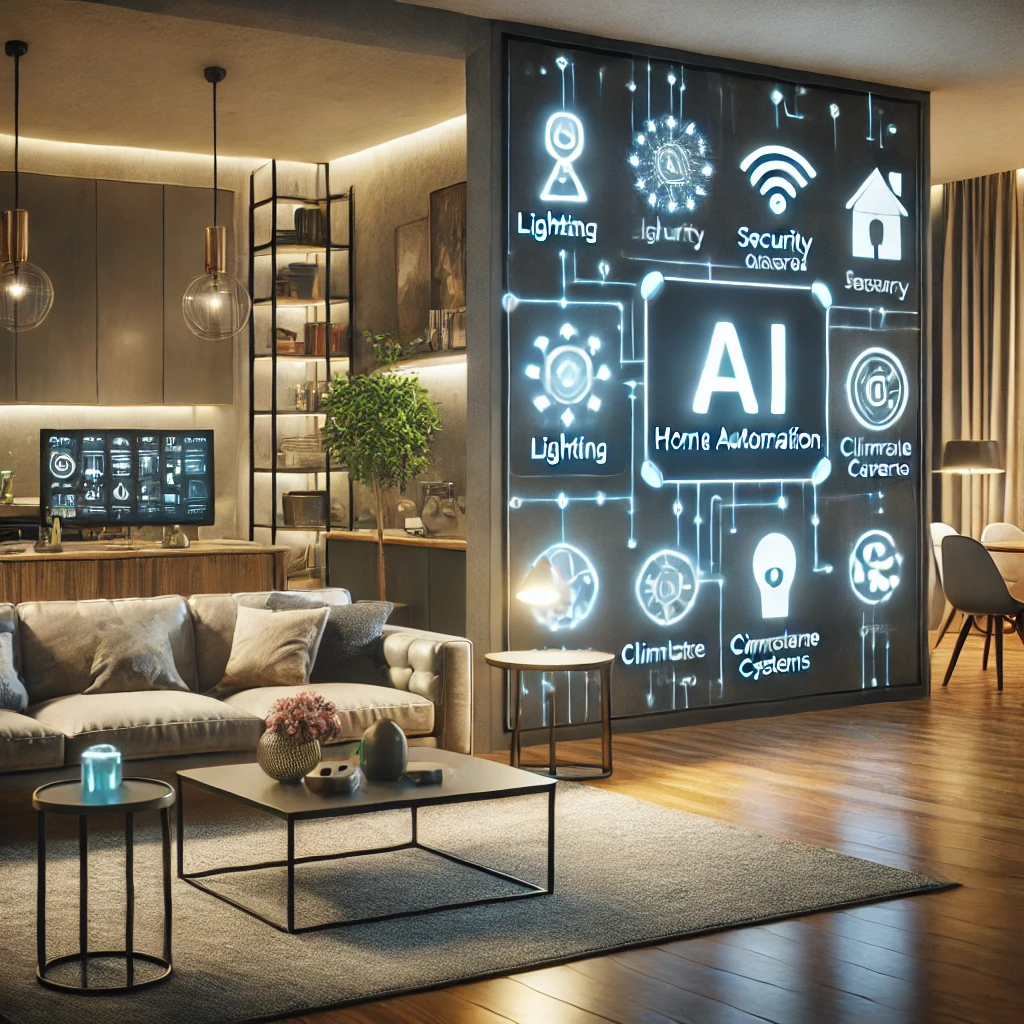 Moreover, the ease of controlling multiple devices through a single platform will simplify the user experience. Voice-activated assistants and mobile applications will enable homeowners to manage everything from security systems to entertainment devices effortlessly. As technology matures, we might even see advanced systems that learn and adapt to our routines, making real-time adjustments to optimize our daily experiences.
Moreover, the ease of controlling multiple devices through a single platform will simplify the user experience. Voice-activated assistants and mobile applications will enable homeowners to manage everything from security systems to entertainment devices effortlessly. As technology matures, we might even see advanced systems that learn and adapt to our routines, making real-time adjustments to optimize our daily experiences.
Energy Efficiency and Cost Savings
Smart home technologies will not only make life easier, but they will also drastically cut down on energy use. AI-powered systems will keep an eye on how much energy is used and learn trends to suggest ways to lower usage. Imagine living in a house that not only saves you money on your energy bills but also helps the environment. Smart thermostats that change based on when people are home and smart lights that can turn off automatically will become routine. This will make saving energy a basic part of modern life.
As we increasingly prioritize sustainability, these systems will not only reduce costs but also lessen our carbon footprint. The future of home automation will thus blend convenience with responsibility, encouraging homeowners to make choices that benefit both their finances and the planet.
2. Personalized Healthcare Solutions
AI-Driven Health Monitoring
AI has the potential to fundamentally alter how we approach healthcare. By 2030, expect a surge in AI-driven health monitoring tools that track various health indicators in real-time. Wearable devices equipped with AI algorithms will not only collect data but also analyze it to provide personalized insights. This could lead to early detection of health issues, tailored recommendations for lifestyle changes, and proactive management of chronic conditions.
Additionally, these tools will empower individuals to take control of their health. With AI’s ability to analyze vast amounts of data, users will receive personalized feedback on diet, exercise, and mental well-being, creating a more engaged and informed patient population.
Customized Treatment Plans
The era of one-size-fits-all healthcare is gradually fading. By implementing AI, providers will craft customized treatment plans based on a patient’s genetic makeup, lifestyle, and medical history. AI tools will analyze data from numerous patients to identify the most effective therapies for specific conditions, leading to better outcomes and fewer adverse effects.
This tailored approach will not only enhance the effectiveness of treatments but also improve patient satisfaction. In a world where healthcare is increasingly personalized, patients will feel more involved and invested in their health decisions, resulting in better adherence to treatment plans and overall wellness.
Virtual Health Assistants
Virtual health assistants powered by AI will become commonplace by 2030. These chatbots and applications will provide patients with immediate access to health information, appointment scheduling, and medication reminders, enhancing accessibility to healthcare services. Imagine being able to ask a virtual assistant about your symptoms and receiving reliable advice or a recommended next step instantly.
This level of accessibility will reduce the burden on traditional healthcare systems, allowing professionals to focus on more complex cases while empowering patients with knowledge and support. As these assistants improve, they will likely become integral to daily health management, offering companionship and guidance throughout one’s health journey.
3. AI in Education and Learning
Adaptive Learning Platforms
Education is another domain ripe for transformation through AI. By 2030, adaptive learning platforms will revolutionize how students learn by personalizing educational experiences based on individual strengths and weaknesses. These platforms will analyze student performance in real-time, adjusting content and assessments to suit each learner’s pace and style.
This custom approach will not only enhance student engagement but also optimize learning outcomes. As students receive tailored support, teachers can focus on facilitating deeper understanding rather than merely delivering content. Adaptive learning will ensure that no child is left behind, promoting a more equitable education system.
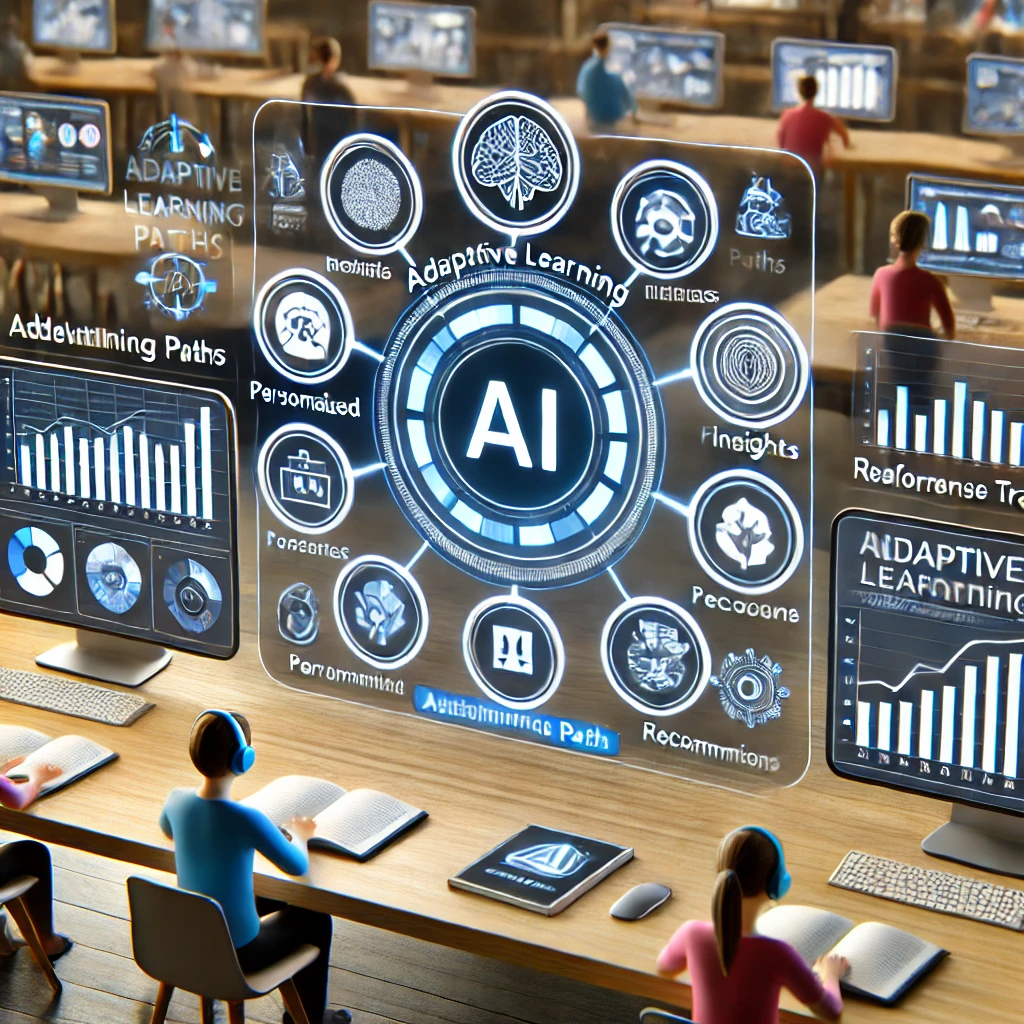 AI Tutors and Mentors
AI Tutors and Mentors
In addition to adaptive platforms, AI-powered tutors and mentors will provide students with additional learning resources. These virtual assistants will be available 24/7, allowing learners to seek help whenever needed. By offering instant feedback and guidance, AI tutors will support students in mastering challenging subjects, essentially serving as a supplemental educational resource.
The proliferation of AI tutors will also make high-quality educational support accessible to underserved populations. With lower costs and increased availability, students from different backgrounds will have equal opportunities to succeed academically.
Streamlined Administrative Processes
AI will also streamline administrative processes in educational settings. Tasks such as grading, scheduling, and enrollment management will be automated, freeing educators to focus more on teaching and less on paperwork. This efficiency will help educational institutions optimize resource allocation and enhance overall effectiveness.
Furthermore, by leveraging AI to analyze student data, institutions will gain insights into trends and areas for improvement, ultimately driving better educational policies. The integration of AI in education will thus not only enrich the learning experience but also foster continuous improvement in educational systems.
4. Enhanced Transportation Systems
Self-Driving Vehicles
The introduction of self-driving vehicles is one of the most anticipated advancements of the next decade. By 2030, autonomous cars will likely be prevalent on our roads, revolutionizing transportation as we know it. These vehicles promise to reduce traffic accidents, optimize traffic flow, and enhance mobility for those unable to drive, such as the elderly and disabled.
Beyond safety, self-driving technology will also offer convenience. Commuters will have the freedom to work, relax, or engage in leisure activities during transit, reshaping our relationship with travel. As a result, we may witness a shift in urban planning, as cities adapt to accommodate this new mode of transportation.
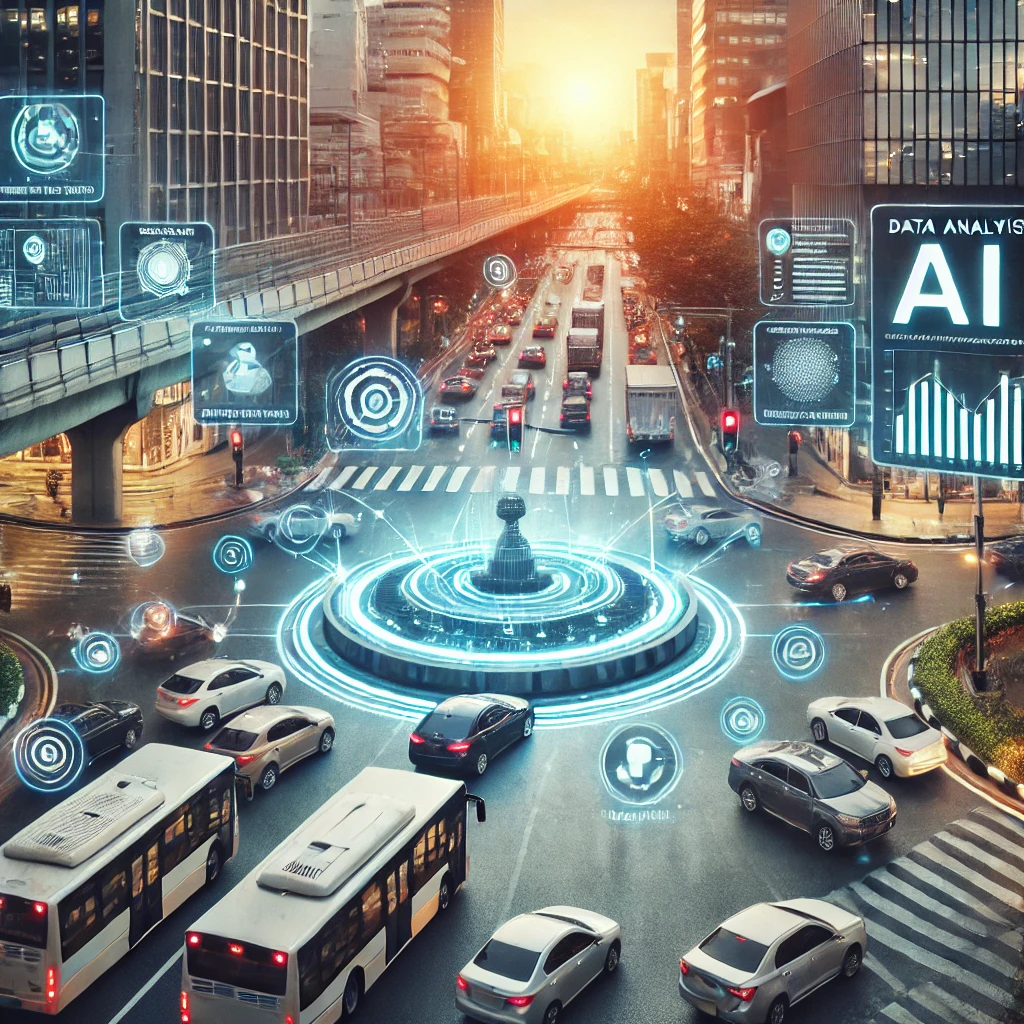 Smart Traffic Management
Smart Traffic Management
AI will play a crucial role in the development of smart traffic management systems. By analyzing real-time data from various sources, including traffic cameras and sensors, these systems will optimize traffic signals, reducing congestion and improving travel times. This will not only enhance the commuting experience but also contribute to decreased emissions and improved air quality.
Additionally, smart traffic management can facilitate emergency response by ensuring that vehicles can navigate through congested areas efficiently. This integrated approach to transportation will foster safer and more sustainable urban environments.
Personalized Commute Options
As AI continues to develop, personalized commute options will become a reality. By analyzing user preferences and travel habits, AI will suggest the most efficient routes and modes of transportation, whether it be public transit, carpooling, or cycling. This level of personalization will encourage individuals to make more sustainable choices, ultimately reducing reliance on single-occupancy vehicles.
As cities embrace these personalized systems, they will foster a culture of shared mobility. By providing appealing alternatives to traditional commuting methods, AI will contribute to a more interconnected urban landscape where transportation is efficient, sustainable, and user-friendly.
5. AI in Entertainment
Content Curation and Recommendations
The entertainment industry is undergoing a massive transformation with the rise of AI. By 2030, AI will be instrumental in curating personalized content for users across various platforms. Streaming services like Netflix and Spotify will harness AI algorithms to analyze individual preferences, offering tailored recommendations designed to enhance user satisfaction.
As these algorithms continue to evolve, viewers and listeners will discover new content that aligns closely with their tastes, creating a more engaging experience. This personalization will not only boost user engagement but also help content creators reach their target audiences more effectively.
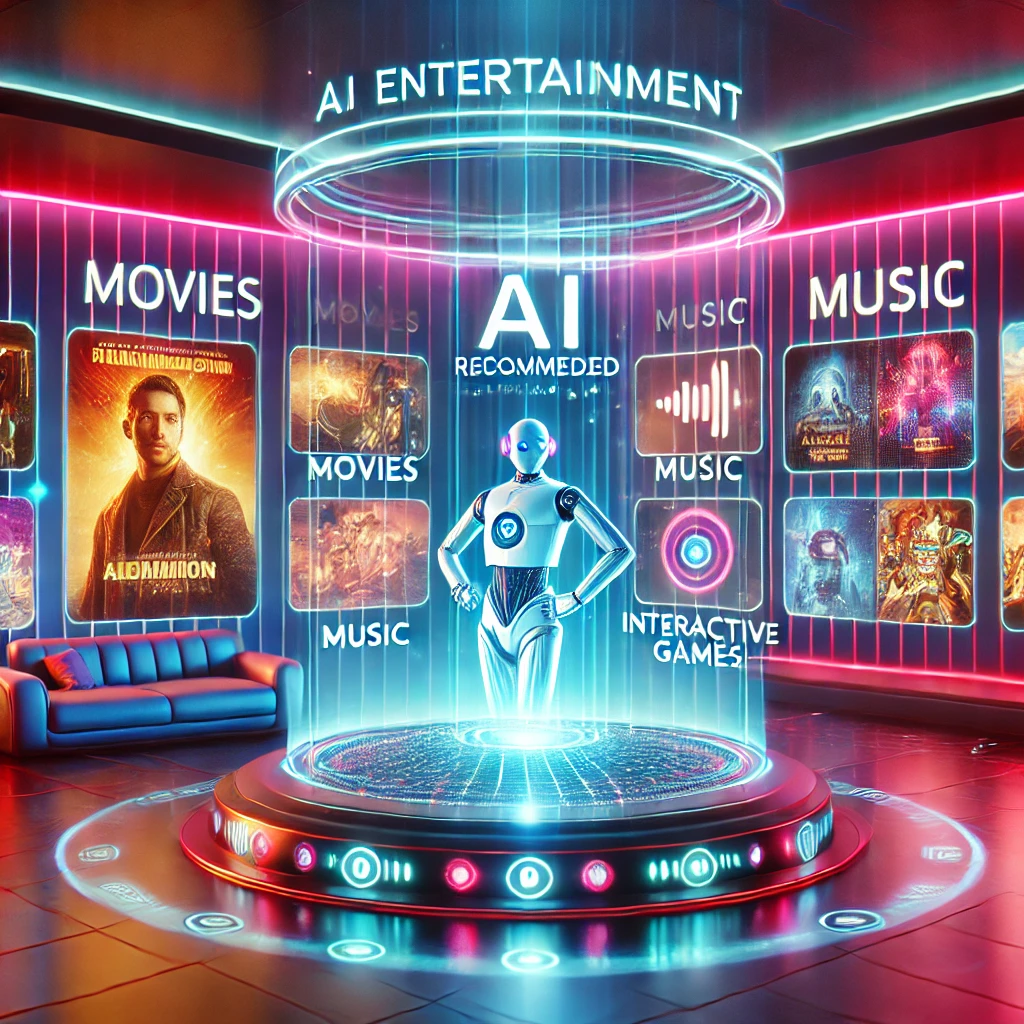 Interactive Gaming Experiences
Interactive Gaming Experiences
AI is also set to redefine interactive gaming experiences. By incorporating advanced algorithms, game developers will create dynamic, immersive environments that adapt and evolve based on player actions. Players will enjoy unique experiences tailored to their style, ensuring a high level of engagement and replayability.
Furthermore, AI can enhance the realism of non-player characters (NPCs), making them respond intelligently to player decisions and actions. This level of sophistication will elevate gaming to a new level, transforming it from a passive experience to an interactive narrative.
Virtual Reality Enhancements
The integration of AI in virtual reality (VR) will further enhance gaming and entertainment experiences. By 2030, AI will enable more realistic simulations and interactions within virtual environments. From virtual concerts to immersive storytelling, AI-driven VR experiences will blur the lines between reality and digital worlds.
As these technologies converge, audiences will be able to engage with entertainment in unprecedented ways. This dynamic evolution will not only reshape how we consume media but also offer new avenues for creative expression.
6. Improved Customer Service
AI Chatbots and Virtual Assistants
Customer service is another area where AI will have a profound impact. By 2030, AI chatbots and virtual assistants will handle a significant portion of customer inquiries, providing instant support and improving overall satisfaction. These systems will be capable of understanding and responding to complex queries, offering personalized assistance that enhances the customer experience.
Moreover, the availability of AI-driven support 24/7 will ensure that customers receive help whenever they need it, regardless of time zone or business hours. This shift will not only streamline operations for businesses but also foster a more responsive relationship with customers.
Personalized Shopping Experiences
In the retail sector, AI will facilitate highly personalized shopping experiences. By analyzing consumer behavior, preferences, and purchase history, AI algorithms will offer tailored product recommendations, optimizing the shopping journey. Imagine entering an online store where every suggestion feels curated just for you, enhancing your overall satisfaction and likelihood of purchase.
This personalization will extend beyond product recommendations. Retailers will use AI to create customized promotions and deals, ensuring that customers receive the best value based on their shopping habits. The result will be a more compelling and engaging shopping experience, leading to increased customer loyalty.
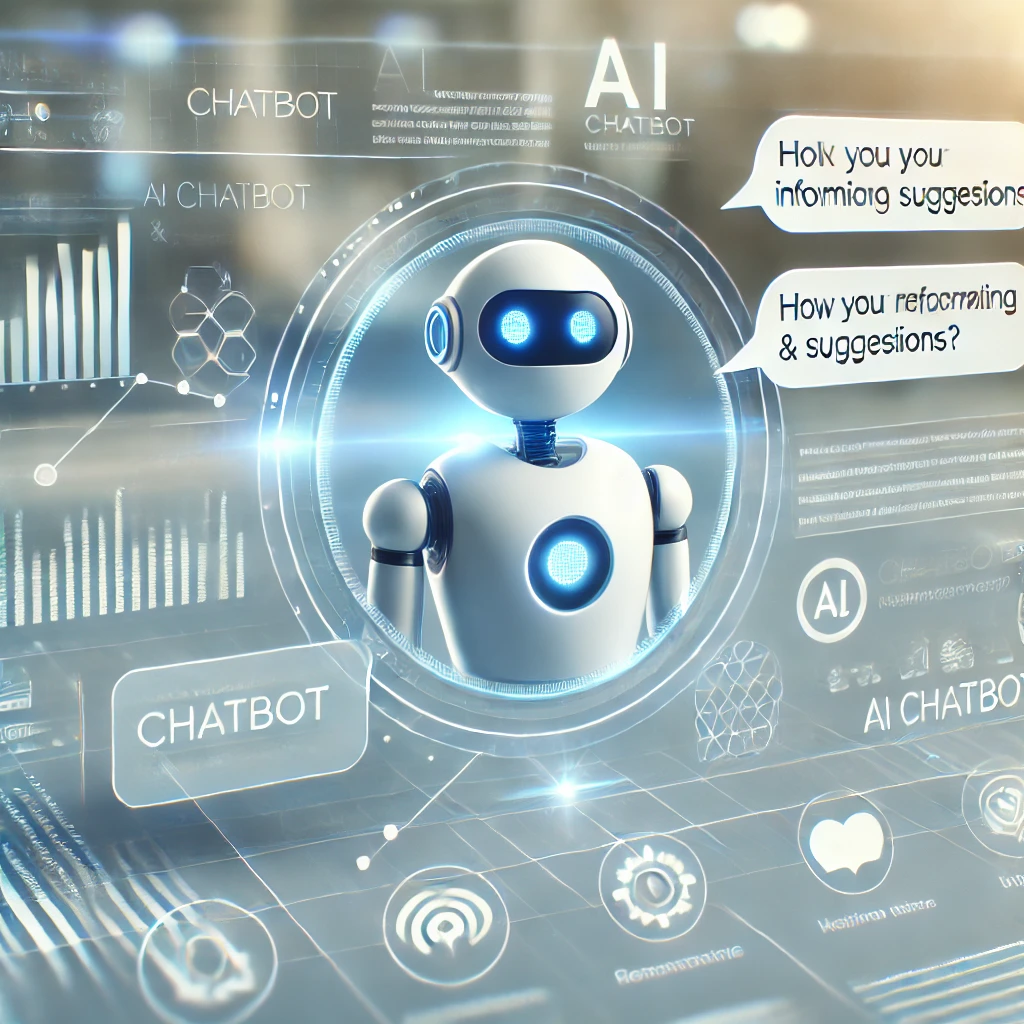 24/7 Support Availability
24/7 Support Availability
The integration of AI in customer service will not only improve response times but also enhance the quality of support. With AI systems capable of analyzing data and predicting customer needs, businesses can proactively address issues before they escalate. This anticipatory support will foster deeper customer relationships and build trust.
As AI continues to evolve, its role in customer service will expand, allowing businesses to deliver exceptional support while optimizing their resources. The future of customer engagement will be characterized by seamless, personalized interactions that prioritize customer satisfaction.
7. AI for Sustainability
Optimizing Resource Management
AI will play a crucial role in promoting sustainability by optimizing resource management across various sectors. By 2030, industries will leverage AI to analyze data and identify inefficiencies, leading to more sustainable practices. Smart grids, for example, will utilize AI algorithms to balance energy supply and demand, ensuring optimal resource use while reducing waste.
Furthermore, businesses will employ AI to optimize production processes, minimizing resource consumption and emissions. This proactive approach to environmental sustainability will foster a culture of responsibility, encouraging companies to prioritize eco-friendly practices in their operations.
Reducing Waste Through Analytics
Another significant area where AI can make a difference is waste reduction. By analyzing supply chain data, AI can identify inefficiencies and predict demand fluctuations, helping businesses minimize excess production and reduce waste. This predictive capability will enable companies to adjust their operations in real-time, aligning supply with actual demand.
In consumer products, AI can also facilitate recycling efforts by improving sorting technologies, ensuring that materials are processed correctly. As we move toward a more circular economy, AI will be instrumental in driving initiatives aimed at waste reduction and resource conservation.
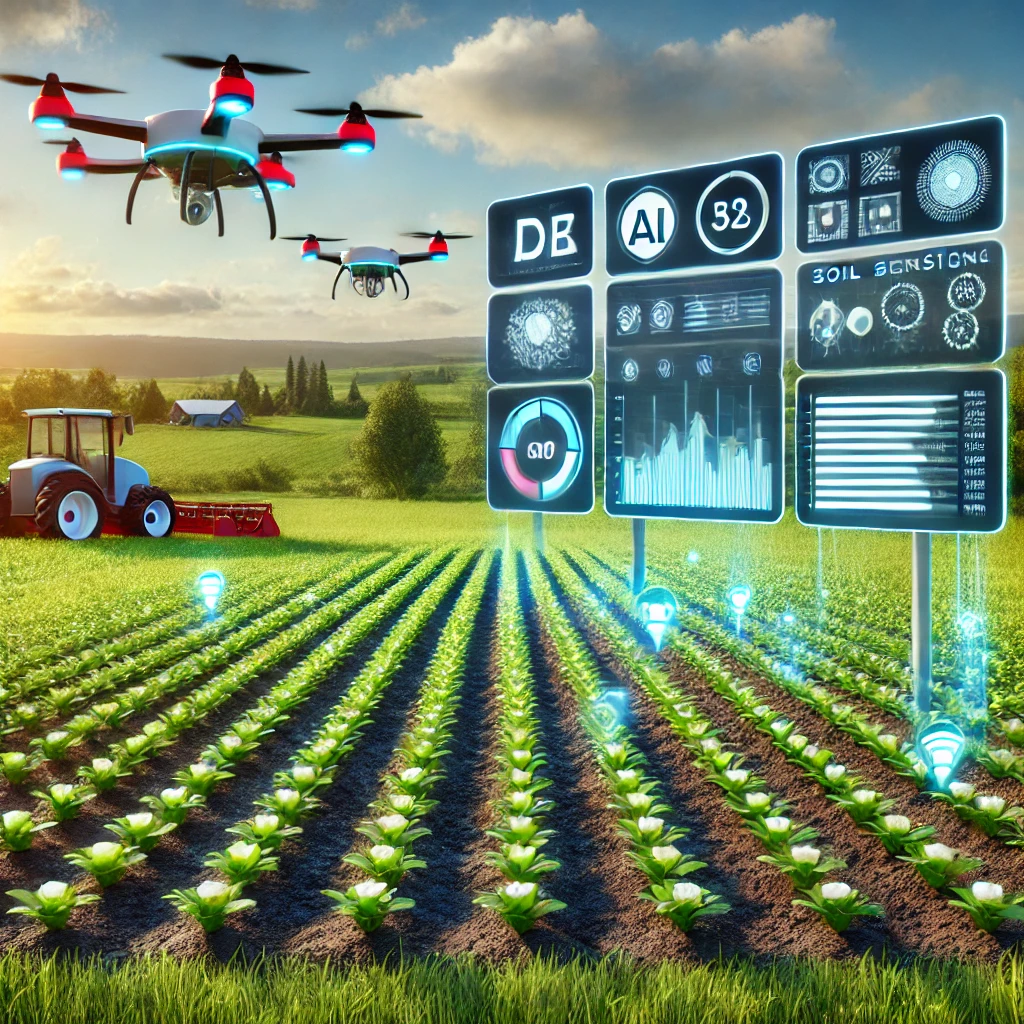 Smart Agriculture Solutions
Smart Agriculture Solutions
In the realm of agriculture, AI will revolutionize farming practices through smart solutions that enhance productivity while reducing environmental impact. By 2030, farmers will utilize AI-powered tools to monitor soil health, optimize irrigation, and manage crops more efficiently. These advanced technologies will enable precision farming, allowing growers to apply resources exactly where and when they are needed.
This data-driven approach will not only enhance crop yields but also promote sustainable practices by reducing water and chemical use. As agriculture embraces AI, it will contribute significantly to food security while minimizing its ecological footprint.
8. Workplace Transformation
AI-Assisted Decision Making
AI is set to transform the workplace by enhancing decision-making processes. By 2030, businesses will leverage AI analytics to inform strategic choices, drawing on data insights to guide actions. This will empower organizations to make more informed decisions, ultimately driving growth and innovation.
Furthermore, AI will assist in risk assessment, allowing companies to identify potential issues before they arise. By employing AI for predictive analytics, businesses can navigate uncertainties with greater confidence, optimizing their operations for success.
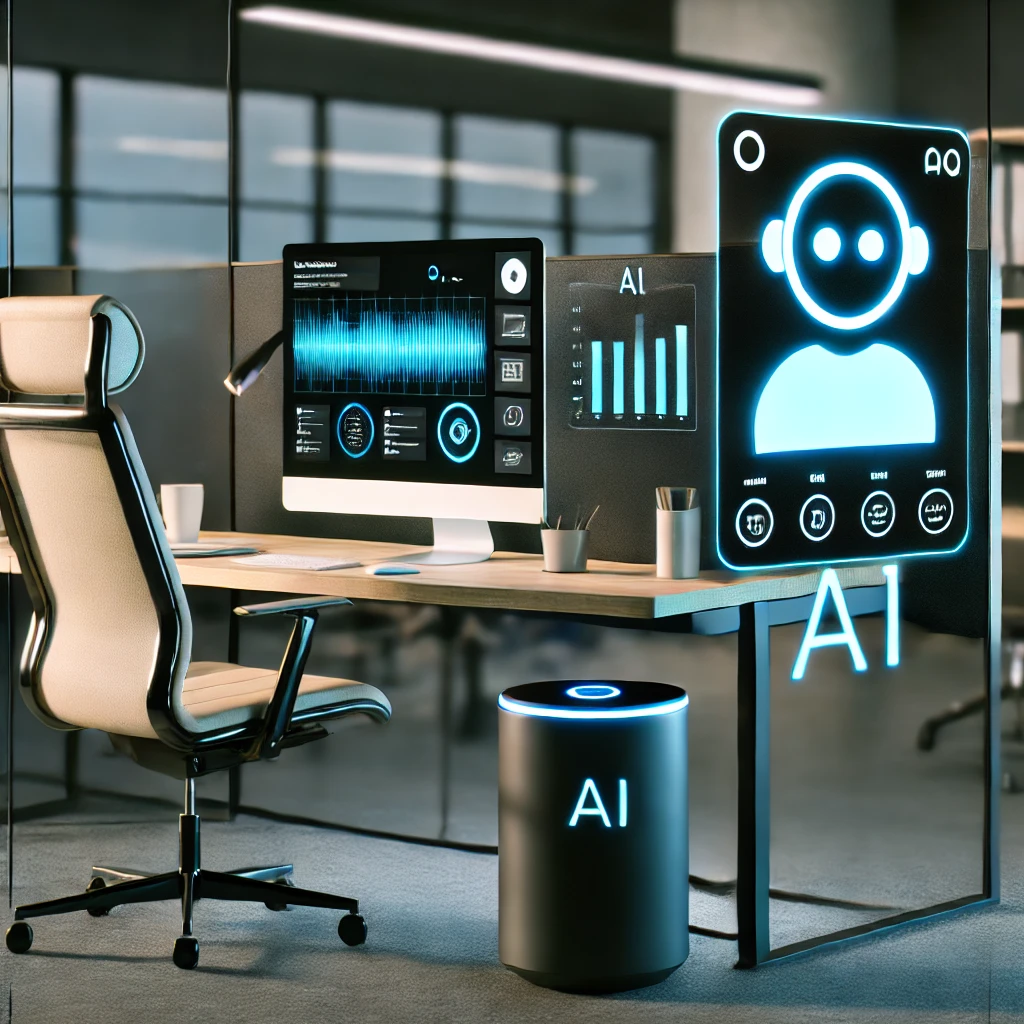 Remote Work Enhancements
Remote Work Enhancements
The shift toward remote work, accelerated by recent global events, will continue to evolve with the integration of AI. By 2030, AI-powered tools will facilitate seamless collaboration, enabling teams to work together effectively, regardless of location. Virtual workspaces equipped with AI capabilities will streamline communication and project management, fostering productivity.
As remote work becomes increasingly normalized, AI will play a vital role in creating a cohesive work environment. From scheduling meetings to managing tasks, AI will ensure that teams remain connected and engaged, regardless of physical distance.
Employee Training and Development
AI will also enhance employee training and development by providing personalized learning experiences. By analyzing individual strengths and areas for improvement, AI-powered platforms will offer tailored training programs that align with employees’ career goals. This level of customization will foster professional growth and enhance workforce skills.
Moreover, organizations will benefit from AI-enabled analytics to measure the effectiveness of training programs, ensuring that investments in employee development yield positive results. A well-trained workforce will be essential for navigating the complexities of the future workplace.
9. AI in Financial Services
Fraud Detection and Prevention
The financial sector is embracing AI to enhance security and mitigate risks. By 2030, AI-powered systems will be integral to detecting and preventing fraud, analyzing vast amounts of transaction data in real-time to identify suspicious patterns and behaviors. This proactive approach will safeguard consumers and businesses alike, fostering trust in financial systems.
Furthermore, as fraud tactics evolve, AI will adapt, utilizing machine learning algorithms to continuously enhance its detection capabilities. This dynamic response will ensure that financial institutions stay ahead of potential threats, creating a more secure environment for transactions.
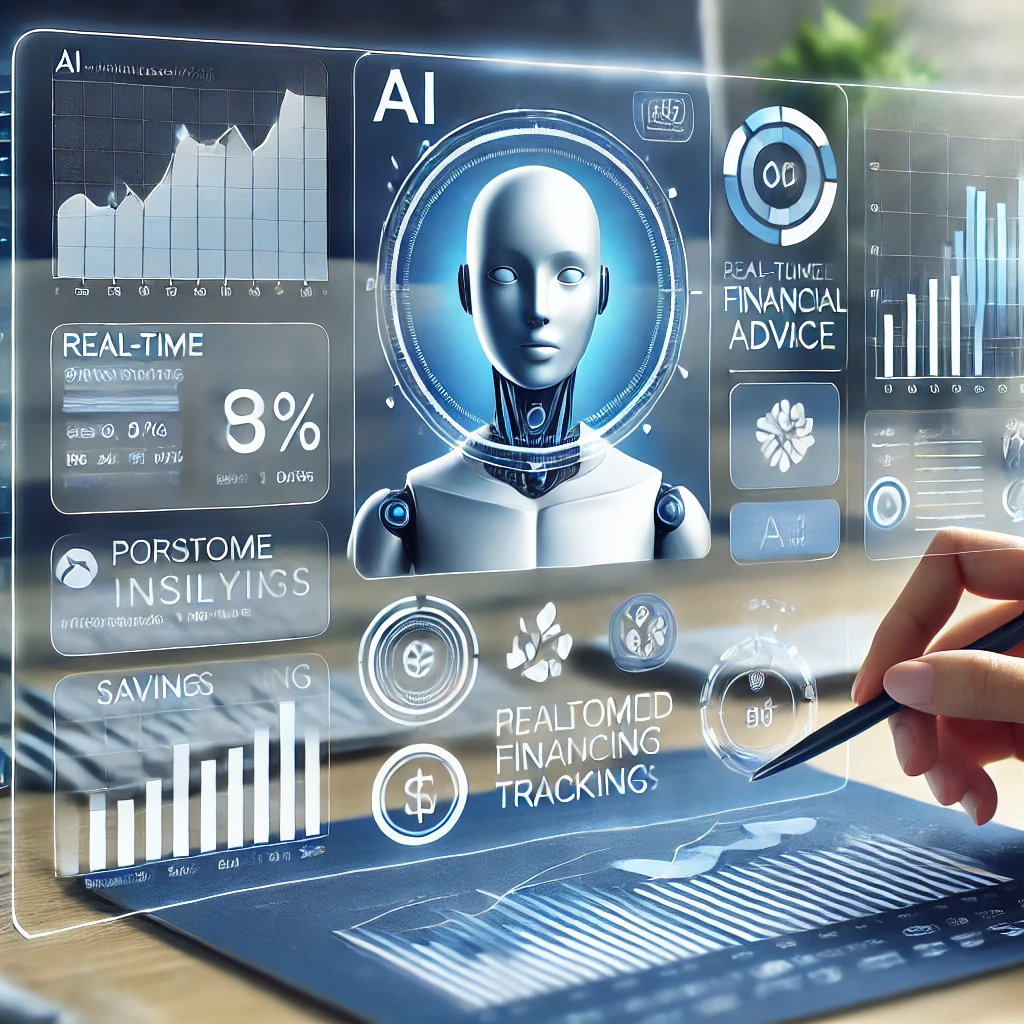 Personalized Financial Advice
Personalized Financial Advice
When it comes to personal finance, AI may completely change how people handle their money. AI will give people personalized financial advice based on their specific needs and goals by using data analytics. Imagine having a virtual financial advisor who looks at how much you spend, how much you want to save, and how you like to put your money to make personalized suggestions.
This level of personalization will empower individuals to make informed financial decisions, promoting better financial literacy and long-term planning. As AI continues to evolve, it will democratize access to financial advice, making it available to a broader audience.
Automated Investment Services
Automated investment services, commonly known as robo-advisors, will also see significant growth by 2030. These AI-powered platforms will manage investment portfolios based on individual risk tolerance and financial goals, making investing more accessible and less intimidating for newcomers. With automated rebalancing and performance analysis, users will enjoy a hands-off approach to wealth management.
As the barriers to entry for investing continue to lower, more individuals will be able to participate in financial markets. This shift will promote financial inclusion and enhance overall economic stability.
10. Social Connectivity and Interaction
AI in Social Media Platforms
AI is reshaping social media interactions, and by 2030, we can expect platforms to leverage AI algorithms to enhance user engagement. These systems will analyze user behavior to curate feeds that reflect individual interests, ensuring a more enjoyable and relevant experience. This level of personalization will keep users connected with content that resonates with them.
Moreover, AI will be instrumental in managing online communities, identifying harmful content, and promoting positive interactions. As AI continues to evolve, it will play a critical role in fostering healthier online environments, where users can engage meaningfully and safely.
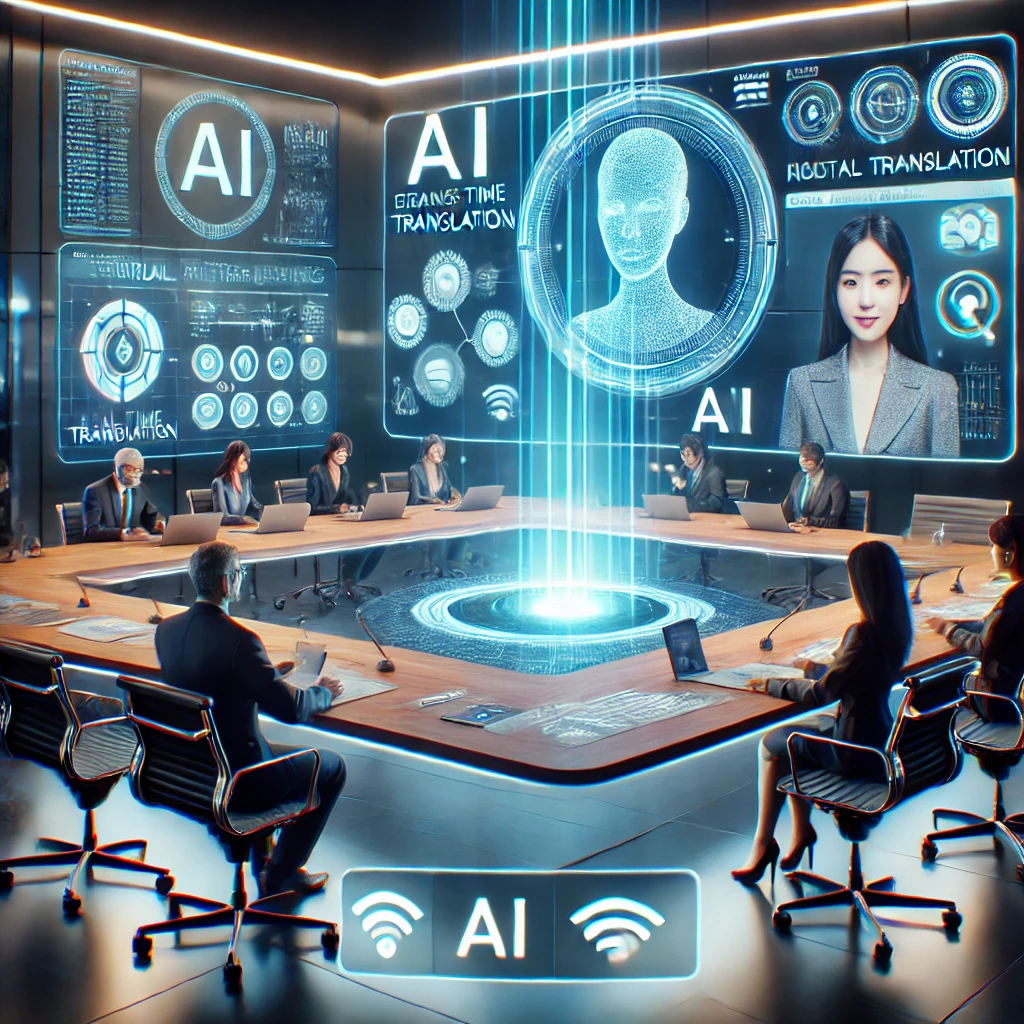 Enhanced Virtual Meetings
Enhanced Virtual Meetings
The rise of remote work has made virtual meetings an essential part of communication, and AI will continue to enhance these experiences. By 2030, AI-powered tools will facilitate more efficient virtual meetings, utilizing features like real-time translation, automatic note-taking, and action item tracking to enhance productivity and collaboration.
This level of enhancement will make virtual meetings feel more engaging and seamless, ensuring that teams can collaborate effectively regardless of their physical locations. As AI continues to improve, it will redefine the dynamics of team interactions and collaboration.
Final Thoughts
The progress made in artificial intelligence will definitely affect how we live in the future. AI is going to make our daily lives better in ways that have never been seen before. It will automate our homes, give us personalized health care, and improve education, transportation, and customer service. As these technologies develop, they offer to make many areas more efficient, give people more power, and encourage sustainability.
People will enjoy more ease and customization in a world powered by AI, while businesses will benefit from better decision-making and operational efficiency. Adding AI to our lives will not only change how we use technology, but it will also make the future more connected, well-informed, and environmentally friendly.


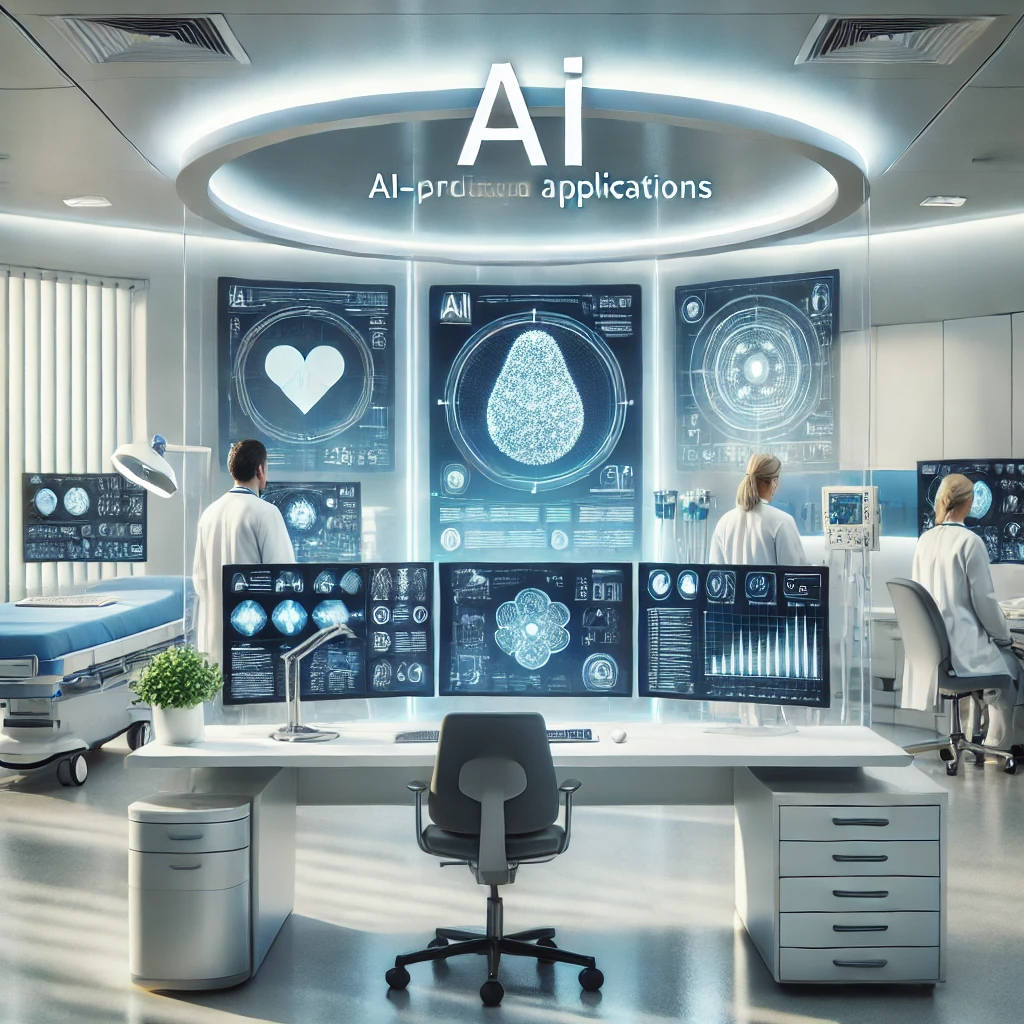

I just could not depart your site prior to suggesting that I actually enjoyed the standard info a person provide for your visitors? Is going to be back often to check up on new posts
I just could not leave your website before suggesting that I really loved the standard information an individual supply to your visitors. Is going to be back continuously to inspect new posts.